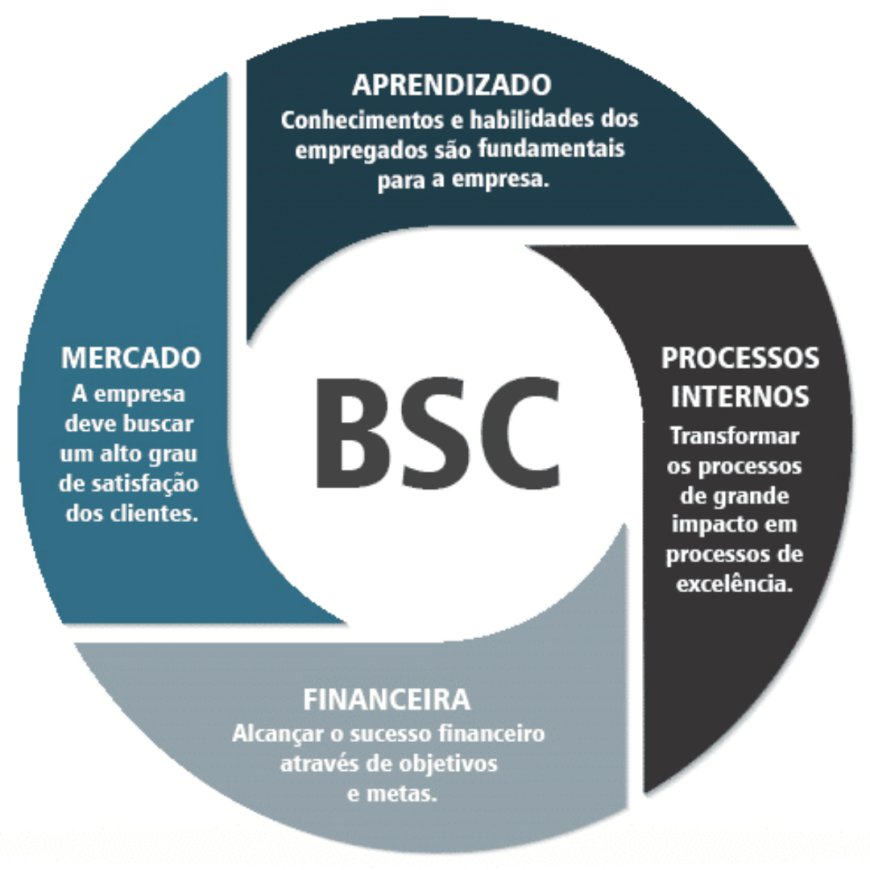How to Write a Statement of Purpose for BSc Applications
Learn how to craft an impressive Statement of Purpose (SOP) for your BSc application. This comprehensive guide provides tips, structure, and examples to help you stand out in your Bachelor of Science journey.

A Statement of Purpose (SOP) is a critical component of your BSc application. It offers you the opportunity to present your academic journey, career aspirations, and passion for science in a compelling narrative. Whether you're applying for a BSc in Computer Science, Biotechnology, or Mathematics, a well-written SOP can set you apart from other applicants.
The BSc full form, Bachelor of Science, represents a commitment to academic excellence and scientific exploration. This article will guide you through the steps to craft an outstanding SOP for your BSc application, ensuring readability and alignment with SEO best practices.
Why is the SOP Important for BSc Applications?
The Statement of Purpose is often considered a deciding factor in admissions. It allows universities to assess:
- Your motivation for pursuing a BSc.
- Your understanding of the program and its relevance to your goals.
- Your suitability as a candidate based on past achievements and future aspirations.
The SOP is your voice in the application process, so crafting it thoughtfully is essential.
Key Elements of an SOP for BSc Applications
1. Introduction
Begin with a compelling opening that captures attention. Mention the field of science you are passionate about and provide a glimpse into what drives your interest. For example:
"From a young age, I have been fascinated by the intricate workings of the natural world. This curiosity led me to explore subjects like Physics and Mathematics, inspiring me to pursue a BSc in these fields."
2. Academic Background
Highlight your academic journey and achievements. Mention your performance in relevant subjects during high school, extracurricular activities, and any awards or recognitions.
Example:
"In high school, I excelled in subjects such as Chemistry and Biology, achieving top grades in national-level examinations. Additionally, I participated in science fairs, where I developed projects on renewable energy solutions."
3. Motivation for Choosing the BSc Program
Explain why you chose this specific program and university. Discuss the BSc full form briefly in context, ensuring it blends naturally.
Example:
"The Bachelor of Science program aligns with my ambition to delve deeper into scientific research. Its emphasis on theoretical knowledge and practical application provides the perfect platform for achieving my career goals."
4. Career Aspirations
Share your long-term goals and how the BSc program will help you achieve them. Be specific and visionary.
Example:
"Pursuing a BSc in Environmental Science will enable me to address critical issues like climate change. My goal is to work with international organizations to develop sustainable solutions for global environmental challenges."
5. Relevant Experiences and Skills
Mention internships, projects, or work experiences that have prepared you for the BSc program. Highlight skills like problem-solving, analytical thinking, or teamwork.
Example:
"During my internship at a research laboratory, I assisted in analyzing water samples for pollutants. This experience enhanced my technical skills and reinforced my interest in environmental science."
6. Why This University?
Demonstrate your knowledge of the university’s strengths. Mention specific courses, faculty, or research opportunities that attract you.
Example:
"The university's state-of-the-art laboratories and its focus on interdisciplinary learning make it an ideal choice for my academic pursuits. I am particularly impressed by the faculty's expertise in advanced biotechnology research."
7. Conclusion
End on a positive and confident note. Reaffirm your commitment to the program and your excitement about contributing to the university's academic community.
Example:
"I am eager to bring my passion for science and commitment to excellence to your esteemed institution. I am confident that this BSc program will provide me with the skills and knowledge necessary to make a meaningful impact in the field of science."
Tips for Writing an Outstanding SOP
-
Keep it Personal
- Use a conversational tone while maintaining professionalism.
- Avoid generic statements; let your individuality shine.
-
Stick to the Word Limit
- Most SOPs are between 500 and 1,000 words. Be concise but comprehensive.
-
Proofread and Revise
- Check for grammar, spelling, and punctuation errors.
- Ensure the content flows logically.
-
Use Examples
- Support your claims with specific anecdotes or achievements.
-
Avoid Repetition
- Each paragraph should introduce new information.
Common Mistakes to Avoid
-
Generic Content
- Avoid using templates without personalization. Admissions committees can spot generic SOPs.
-
Excessive Jargon
- Use clear and simple language. Overuse of technical terms can make the SOP hard to read.
-
Exceeding the Word Limit
- Stick to the guidelines provided by the university.
-
Lack of Structure
- An unorganized SOP can confuse the reader. Use clear headings and logical progression.
FAQs About Writing an SOP for BSc Applications
1. What is the BSc full form, and why is it important in an SOP?
- The BSc full form is Bachelor of Science. Including it subtly in your SOP shows clarity about the degree and its significance in your career.
2. Can I use the same SOP for multiple applications?
- While the core content can remain similar, tailor each SOP to the specific university and program.
3. How long should my SOP be?
- Most universities expect an SOP to be between 500 and 1,000 words. Adhere to their guidelines.
4. Should I mention weaknesses in my SOP?
- If you address weaknesses like a gap year or lower grades, frame them positively, showing how you overcame challenges.
Conclusion
Crafting a Statement of Purpose for BSc applications is an opportunity to showcase your passion, achievements, and aspirations. By incorporating the BSc full form naturally and following a clear structure, you can create an SOP that stands out. Remember, authenticity and clarity are key. With the tips and guidelines provided in this article, you’re now equipped to write a compelling SOP that strengthens your BSc application.

 ruhi6395
ruhi6395